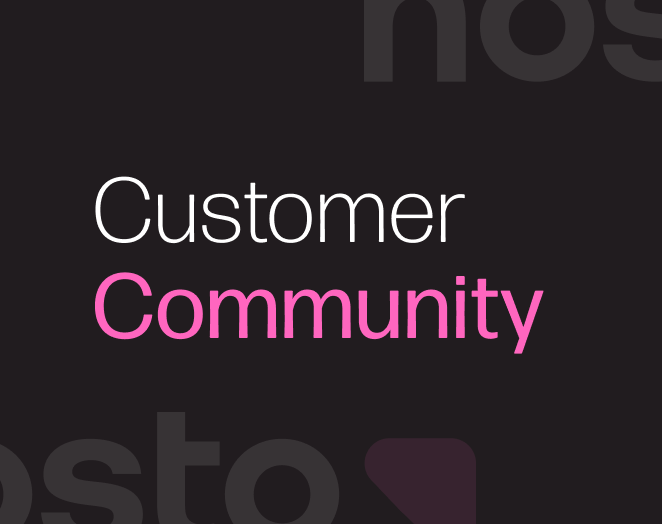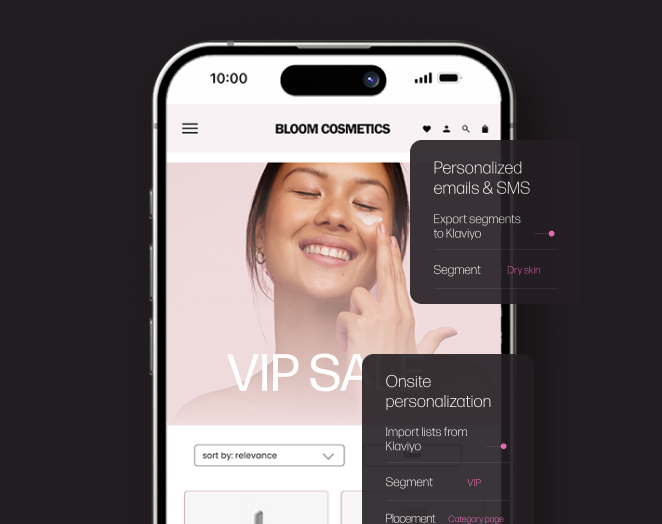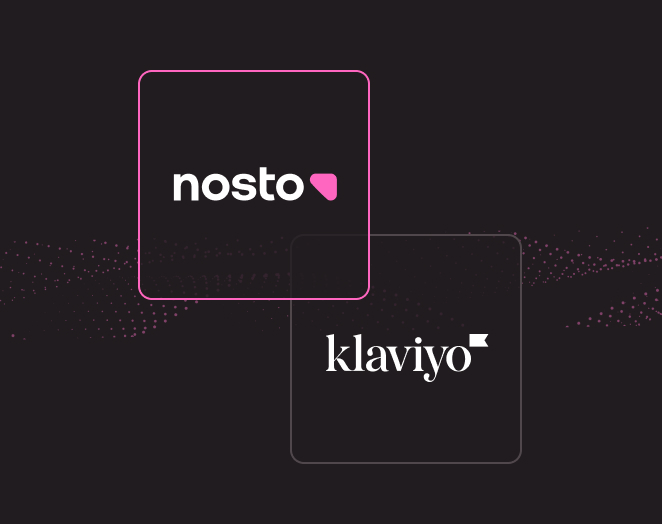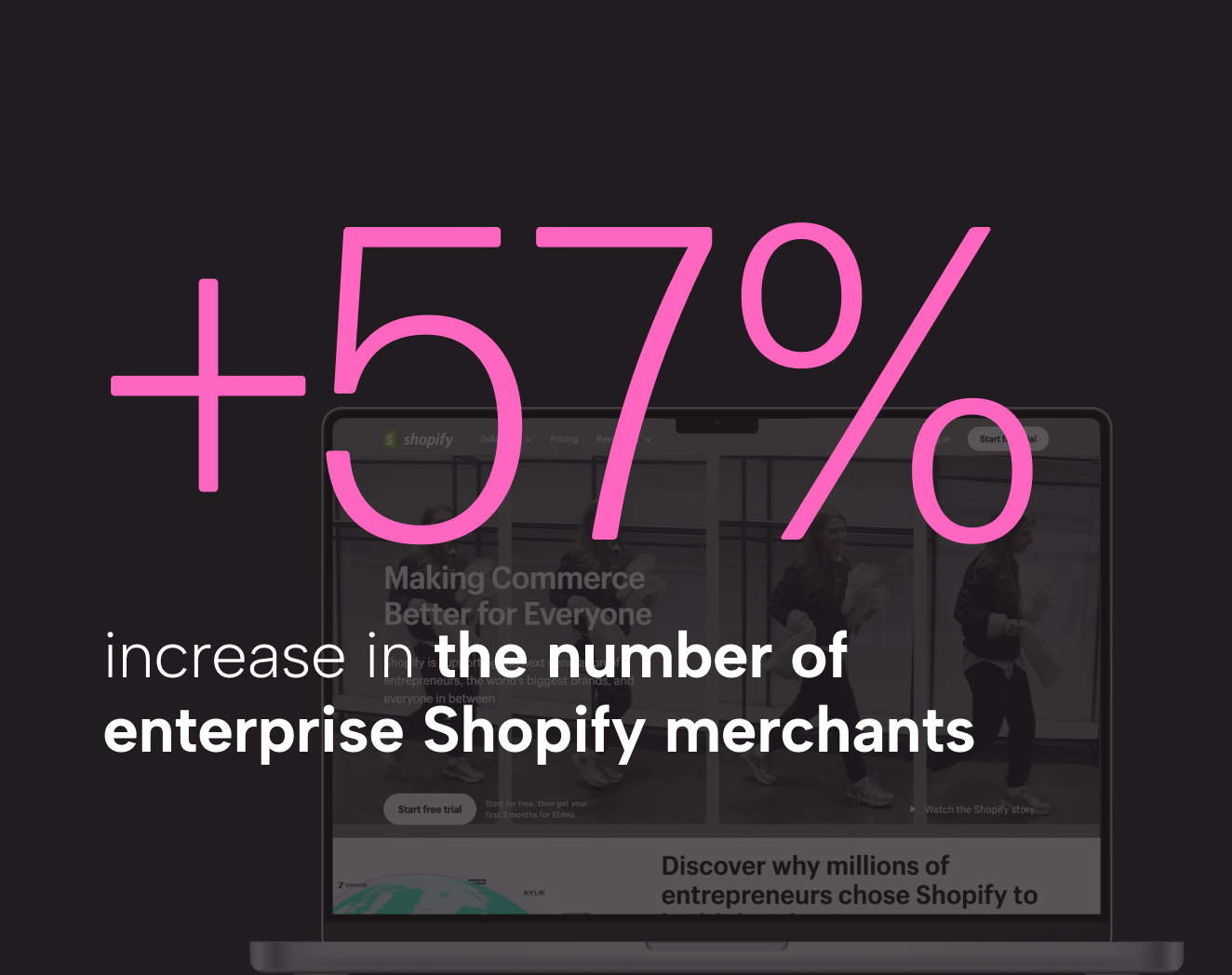Consumer Behavior Stats 2021: The Post-Pandemic Shift in Online Shopping Habit
The COVID-19 pandemic not only changed the way we all live and work, but it totally reshaped consumer behavior.
During 2020, with mandated lockdowns, brick-and-mortar stores shuttering and people suddenly stuck in their homes, both brands and consumers had to quickly shift daily routines and habits. This caused consumers to form new habits—accelerating social and online shopping trends that have been on the rise for years.
After over a year of drastic change, we decided to take the temperature of the consumer market as it stands today and how it’s likely to look going forward.
In our newly released data report, we surveyed over 2,000 consumers across the U.S., UK and Australia to learn how their online shopping and social media behaviors have changed and what they value and seek most from today’s brands. Their responses reveal important consumer behavior stats that can help brands navigate the post-pandemic market to better meet the needs of today’s shoppers.
These are some of the key trends we identified:
Online shopping growth is here to stay
In 2020, McKinsey ran a consumer sentiment study that revealed more people expected to make portions of their purchases online post-COVID.
This holds true in our report, with 67 percent of consumers saying their online purchasing increased since the start of the pandemic. In fact, 27 percent of people say their online shopping has increased a lot.

Not only do people report making more online purchases, but they also plan to maintain their newly elevated eCommerce shopping habits with 91 percent saying they’re likely to continue purchasing more items online in the future—and 52 percent saying they’re very likely to do so.
Another earlier report by NetElixir found that 73 percent of consumers have an average to a high level of comfort buying from a new brand online. In those we surveyed, 59 percent report having purchased from new brands since the pandemic started—75 percent of which say they’re likely to continue purchasing from those new brands in the future.
People are creating & consuming more content on social platforms
Last year, we saw stat after stat on how consumer behavior was reflecting higher levels of social media usage. eMarketers found that up to 51 percent of adults were using social media at higher rates during the pandemic. Additionally:
- Instagram saw a 70 percent increase in live viewing in the early days of the pandemic
- YouTube usage went up 15.3 percent
- Daily usage of TikTok increased 15.4 percent
Our report upholds that COVID-19 inspired a change in people’s social media habits. Across all regions and age groups, 72 percent report that the time they spend on social media has increased since the start of the global pandemic. With Gen Z this number is even higher, with 79 percent saying their social media time increased and 46 percent saying it’s increased a lot.

As the amount of time people spend on social networks has grown, so has the quantity of content people post. A good portion of respondents (41 percent) say that the frequency in which they post to social media has increased since the start of the pandemic—with Millennials’ social media posting habits increasing slightly more (43 percent) than the average.
Shoppers increasingly seek authentic & personalized experiences from today’s brands
This is one of the most important insights gained from our report on consumer behavior stats. The overwhelming majority of consumers (88 percent) say authenticity is important when deciding which brands they like and support—with 50 percent saying authenticity is very important to them.
Yet, in consumers’ eyes, today’s brands don’t seem to be delivering. Our report revealed that 83 percent of consumers believe retailers need to provide more authentic shopping experiences to customers like them—indicating there is still plenty of opportunity for brands to grow here (and even get ahead of their competition).
But which content resonates as authentic? People are 3.1x more likely to say user-generated content (UGC) is authentic compared to brand-created content and 5.9x more likely to say it’s the most authentic compared to influencer content.

In addition to authenticity, 70 percent of consumers say it’s important for brands to provide them with a personalized experience—up from 67 percent in 2019.
Brands making committed efforts to provide more relevant and personal online shopping experiences will be strongly rewarded by consumers. In fact, 72 percent of people say they are more likely to purchase from a brand if it can consistently provide them with a more personalized experience.
UGC heavily influences purchasing decisions and inspires action among consumers
Our report shows UGC to be 8.7x more impactful than influencer content and 6.6x more influential than branded content in consumers’ eyes—with 79 percent of people saying user-generated content highly impacts their purchasing decisions.
In addition, 56 percent of consumers say they’re more influenced by images and videos from social media when online shopping now than they were before the pandemic. This is especially true for Gen Z shoppers, 61 percent of whom say UGC is more influential to them post-COVID-19.

People also desire UGC as a reference point when purchasing something online; enough that 72 percent say it’s the content they most want to see on eCommerce sites and
58 percent report having left an eCommerce store without purchasing because the website didn’t include customer reviews or photos. This trend is even bigger with Gen Z (64 percent) and Millennials (60 percent).
Looking to the future, brands should focus on building communities
Our report on consumer behavior stats found that shoppers will reward brands that invite them to take part in creator communities. After all, UGC is born from a place of real passion and excitement and can act as a digital form of word-of-mouth.
Some brands have started taking that extra step to form communities of their passionate customers. When asked how interested they’d be in participating in this type of community, 62 percent of consumers—and 65 percent of Gen Z—say they would be likely to join an advocate community to actively create content for a brand they purchased from.

Loyalty is another key benefit of having a creator community. When people feel like they’re part of a brand, they’re much more inclined to remain loyal. In fact, 61 percent of consumers—and 65 percent of Gen Z—say they would be more loyal and more likely to buy from a brand if they were invited to take part in a customer advocate community.
Conclusion
We’re excited to share these latest consumer behavior stats with our audience of marketers, and the trends featured above are just a portion of the interesting insights from our latest data report.
For the full report, complete with generational breakdowns and deeper dives into specific industry data (fashion, beauty, homegoods, etc.), you can get your free copy here and learn how to better inspire and convert shoppers in the current consumer landscape.




